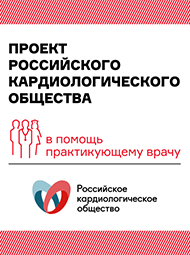New oral anticoagulants in the treatment of heparin- induced thrombocytopenia
Sharifi M, et al. – There are little data on the efficacy of new oral anticoagulants (NOAC) in this setting. This study reports on the outcome of patients with HIT, treated with NOAC. In patients with HIT, a short course of parenteral treatment with argatroban followed by administration of a NOAC is highly safe and effective in prevention of thrombosis and normalization of platelet count. Development of HIT however, portends a poor prognosis independent of vascular thrombosis.
Methods
The authors retrospectively identified 22 patients with HIT who were treated by their group with a combination of NOAC and a short course of argatroban.
These patients were evaluated in a prospective fashion for development of outcomes at a mean follow up of 19 ± 3 months.
Results
· There were a total of 5 deep and 2 superficial vein thromboses diagnosed at index hospitalization.
· No patient developed arterial thrombosis.
· All patients tolerated NOAC and their platelet count normalized before discharge.
· At 19 months of follow–up, 6 patients had died of non–thrombotic causes.
· There was no bleeding, limb loss or recurrent venous thromboembolism in any patient.
Mohsen Sharifi (01/21/2015) comments:
Heparin-induced thrombocytopenia (HIT) is an infrequent complication of heparin and related parenteral anticoagulants.HIT is associated with a high mortality and morbidity rate. In the acute phase, the dreaded complication Is thrombosis in both the arterial and venous systems which can be catastrophic. Traditionally, non-heparin anticoagulants have been used, usually intravenously and for a prolonged period of time. In our experience, 22 patients were treated with the available new oral anticoagulants in the US, after a short course of intravenous therapy with argatroban at very low dose. At intermediate- term follow-up, there was no bleeding or vascular thrombosis and the patients' thrombocytopenia had normalized before discharge. All patients tolerated the anticoagulation regimen. However 6 of the 22 (27%) died at 19 months of follow-up due to non-thrombotic illnesses suggesting an adverse prognosticating role for HIT ( in patients with systemic disease). Although this first report on the use of new oral anticoagulants in HIT is promising, randomized trials are required to shed further light on this issue.
Source: www.mdlinx.com






